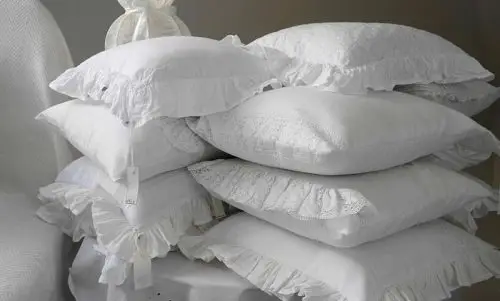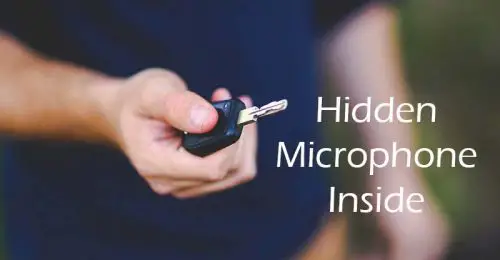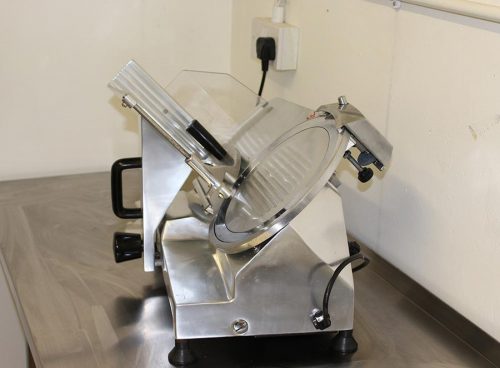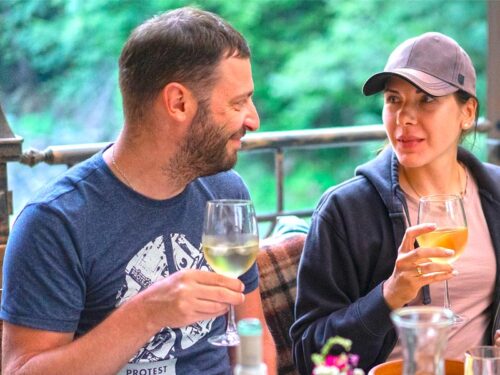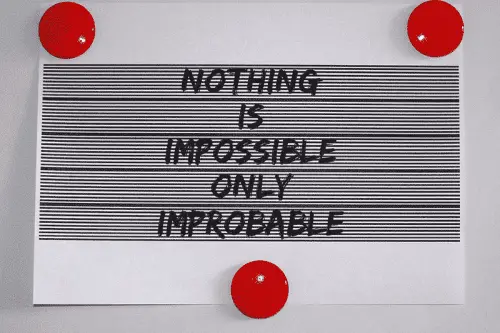Becoming a Minimalist in 6 Steps: Wake up at 4 in the morning, throw your emotions right out the window, get rid of all the comforts you already have, minimize your closet to the only two pairs of clothes you must wear for the rest of your life, have no more than one kid, or don’t marry at all to start being a minimalist. Now, of course, that’s a joke!
Life imitates art, which is why it has never taken long for a new art-form to find its way into our lives.
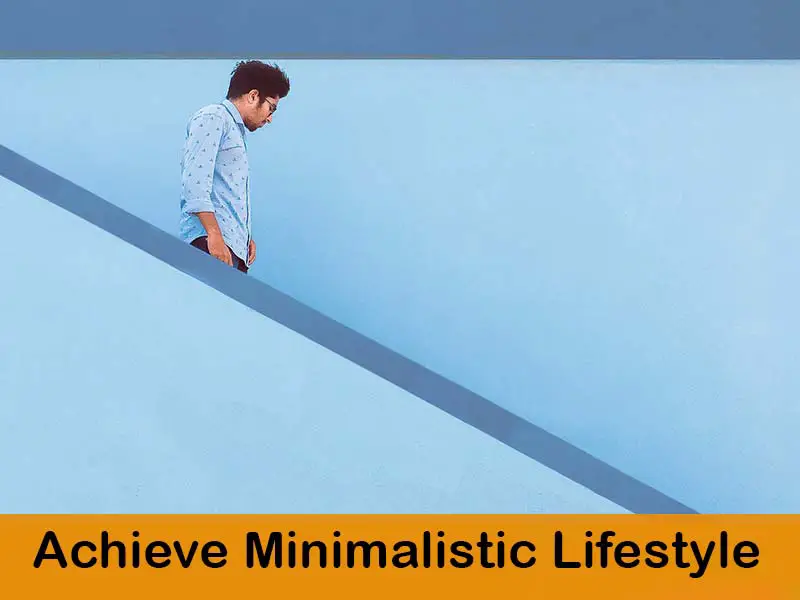
Inspiring your journey, one story at a time. #LifeFalcon.
From the hopeless romantics we get from the tale of Romeo and Juliet to the growing trend of elegant portraits after DaVinci’s Mona Lisa, minimalism has similarly infiltrated the lifestyles and mindset of many around the world.
The problem us masses really have is not strolling far astray from the path of necessities, but taking everything to its extremes.
Minimalism originated as a form of expression in the art that we commonly know to portray the most abstract of geometrical shapes such as squares and rectangles, the idea behind it was never to nullify the symmetric masterpieces of the likes of Picasso but to introduce a rather simpler and easier to understand projection of art.
Art has always been the tool for expression, whether it has been revolt, love, or Divinity, and it was in the 50s that some aspiring artists intended to switch the complexities from Dante’s depiction of Inferno to just a cube as Stella says, “…It is what it is!”.
Table of Content
6 Ways To Achieve Minimalistic Lifestyle

To begin explaining the concept of minimalism, it is more than necessary to quote Socrates, who said, “The secret to happiness, you see, is not found in seeking more, but in developing the capacity to enjoy less.”
Simply put, minimalism is latching only to the belongings you really need and passions that you really need to quench the thirst for. Any excess thing that you desire for or possess is only a means of distraction as it does no good in helping you reach closer to the goal you value.
In the terms of a layman, it means delayed gratitude, in the terms of a wise man, it is the intentionally cutting of all bounds that anchor us to anything other than our goals and aims in life. Minimalism is a lifestyle and not a strict code of conduct; it is definitely not how it had been mentioned at the very beginning of this article.
It is intentional conduct where you cut off the things and belongings in your life that YOU think are unnecessary.
The strongest debate against minimalism arises with the claim of it being an imprisoning lifestyle that takes our freedom away, but what really is freedom in its essence? Freedom is best described as the slight moment of hesitation we have before making a decision.
Not restricting yourself while making decisions is more like an unmanned boat with its sails up high and being carried away by the strong winds of the sea, it sure is floating and serving the purpose but isn’t anywhere near where it is supposed to be.
The same can be applied to life as an escape from the modern duplicity and the passion to possess more because it has been made clear to us by the cultural norms of today that happiness is in possessing more. And the scariest thing is to perceive at what point does it truly get to be enough?
Minimalism is to make your life simpler and not to complicate it without a reason. So if you are trying to change your lifestyle and want to gain minimalism in your routine, then here are some ways through which you can do so.
You don’t need to throw out your comfy bed and sleep on the floor for a simpler life.
1- Gratitude teaches minimalist thinking:

Gratitude is the last thing on our generation’s mind.
I mean whatever you have, came to you through a magic wand? No! So why wait until your teeth are chattering and your hands are shaking constantly and you know you are going to die? Just be grateful for all the things you already have!
Have you ever imagined sleeping without a bed?
Or have you thought of sleeping without that comfortable and soft blanket of yours?
(Actually, I love to sleep so all my references direct to that)
Open your eyes and see that a lot of people don’t even have that!
2- Less complaining teaches minimalist thinking:

Why always the complaining?
Well, if you follow the first point, you will eventually find yourself complaining less within some days.
Make a record of all the things you complain about during a day.
While someone overtakes your car while you are driving or when you got up late for office; does complaining solves that issue?
3- Making less future plans teaches minimalist thinking:
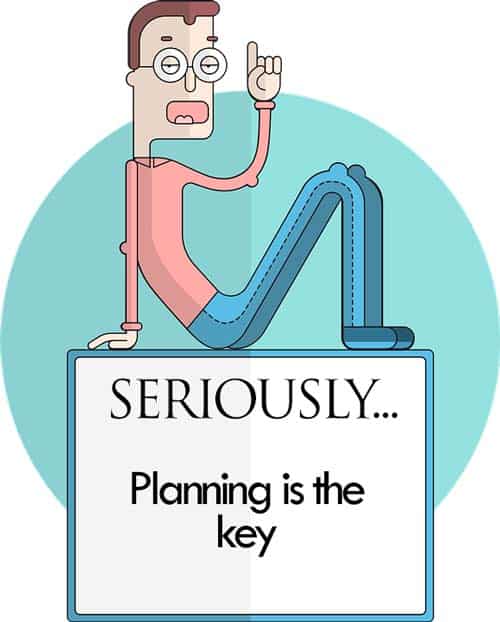
We make future plans mostly when we are in our toilet seats.
For example, I mostly think about how many extra fats can I cut off this month (and I actually plan it all). And the next thing I know, I couldn’t reach that goal or plan that I made and all I get is frustration.
What’s the point even?
If I hadn’t planned, I would have been too happy with the fact that I had cut in the first place. It would have been an accomplishment for me anyway. Because hey; I lost fat!
The point is: Don’t overlook all the things and make plans that are hard to complete. Give yourself time; don’t go too harsh on yourself. It’s good to plan your studies and think about where you want to be in the name of your career. Don’t go too much ahead with other emotions and feelings and situations that are out of your control.
4- Workout teaches minimalist thinking:

That hurts.
You might think that I am a gym freak and that is why this point has to pop in almost all life motivational articles.
Exercise helps you in staying relaxed and relieves stress greatly. And it’s not just about lifting weights, you can just take out 20-30 minutes from your life’s day and jog, walk, dance or what this guy is doing or whatever; anything that becomes an exercise for your body!
5- Minimalism teaches minimalist thinking:

Whatever is done and gone, is done and gone! Why regret?
If you are constantly thinking about something that you have done wrong; stop weeping over it like a crybaby. Think about its solution and a way that you won’t do it again.
Stop hiding your feelings for anyone because the next thing you know; someone else did it before you and then you regret it all your life.
6- Appreciation teaches minimalist thinking:

There is nothing wrong with Mondays; you just don’t like what you do.
Ever heard of this one?
Start your morning with something that makes you happy. It can be a cup of coffee, a long run, a good breakfast, your favorite song or serial or simply anything.
Every day, do something that makes you happy. And if your morning is happy; your day also goes in the same flow.
Do it consciously so that you get the feeling of happiness.
But why Minimalism?
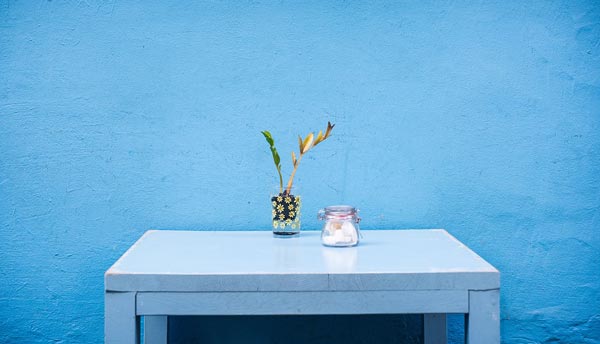
How many times how you found yourself to descend into the mysterious void of oblivion whenever asked the question, “Who are you?”
Immediately after a short moment of hesitation, we tend to propel answers inspired by all the material things that surround us, where we are from, what we do, and what we possess.
It is never an understatement that it is probably one of the most wildering questions known to man, or the philosophers and great thinkers would have surely come up some other absurd thing to quarrel over.
The point here is that the reason we resort to the material things around us to describe ourselves is that we have been bound by the society to think of these as the benchmarks for happiness, or how else would you know for sure that getting a Maserati and house by a lake in the mountains is going to make you happy?
Minimalism teaches us to appreciate the value of what we already have, emphasizes having a bird in hand to be better than two in the bush.
The more you cut yourself from the external ties of what had been thrown at you unintentionally by the society while growing up, the more space you open up to knowing yourself and what you truly want. It isn’t at all a promise to the way out of depression and anxiety but is surely the beginning to understanding one’s own misleading and start correcting it.
You are never going to know what is unnecessary or what you don’t need without knowing what you really need in the first place, just like you are never going to know what you need without internal reflection.
Conclusion:
It is always the smallest of the steps that matter the most as initiation is a much harder act known to us that carrying it out to completion.
It is very much possible to do so, although no promises on it being easy for everyone is going to be made as every person is different than another.
And according to that, you may not necessarily need to be a minimalist at all to achieve peace.
It is not a hard and fast fact that minimalists are peaceful and others indulging in the affairs of daily lives, as usual, aren’t, the ratios might vary highly but it is all about personal satisfaction.
If you are satisfied enough with your present lifestyle then it is definitely the best one for you, but if it is not and you are on a quest for self-reflection, minimalism then can offer a different and fruitful path to you.



